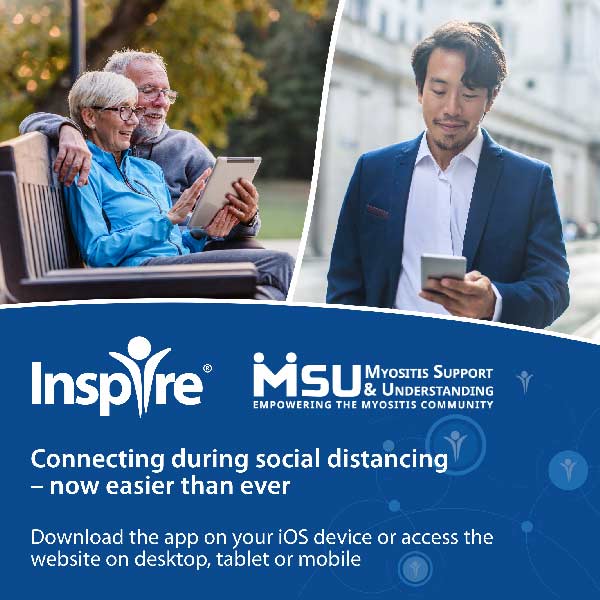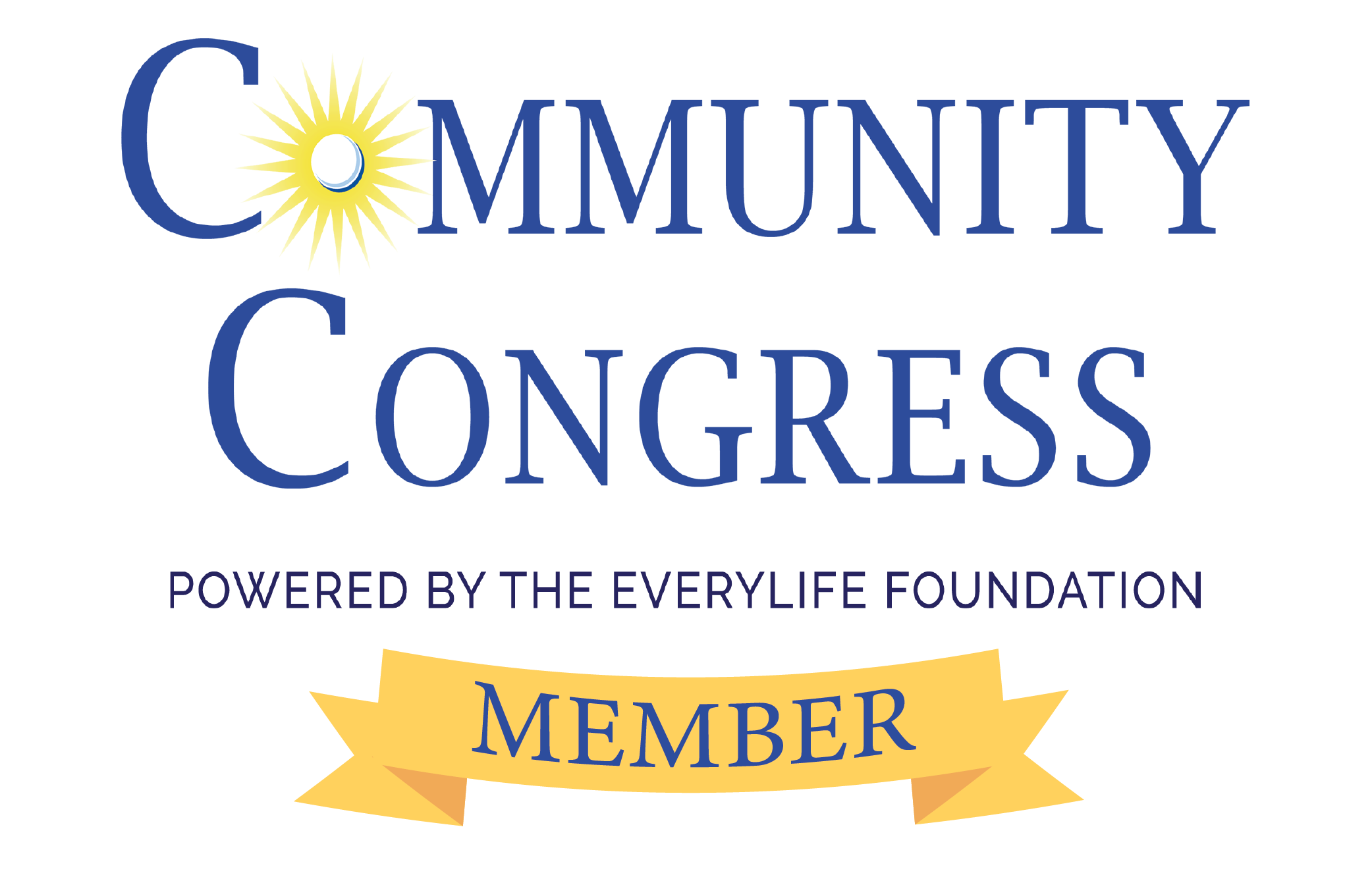Watch Myositis, Immunosuppressants and COVID Vaccine Response webinar
Myositis Support and Understanding (MSU) hosted a panel of top experts to present brand-new results on COVID vaccine responses in myositis patients and to explain the implications for those taking immunosuppressant medications.
As a team, we felt an urgency to get this information directly to myositis patients so that patients can make more informed decisions to protect themselves.
This information is important for patients currently receiving different types of Disease-modifying anti-rheumatic drugs (DMARD) for different types of myositis.
The highly-esteemed panel included John Hopkins physician researchers from the Myositis Center – Caoilfhionn Connolly, MD, MSc, Lisa Christopher-Stine, MD, MPH, and Julie Paik, MD, MHS, – and the Director of the Epidemiology Research Group in Organ Transplantation (ERGOT), Dorry Segev, MD Ph.D.
Joining from MSU, Medical Advisor, Salman Bhai, MD, Assistant Professor in the Department of Neurology and Neurotherapeutics at the University of Texas Southwestern Medical Center, and MSU founder and president, Jerry Williams, who is also a patient living with myositis.
The webinar starts with a presentation about the study, the limitations, the therapies with little response, and the future goals. Afterward, the panel addresses questions provided by MSU that were submitted by patients, and the panel also answers live Q&A.
There is a lot of information in this video. Share this with your physician and healthcare team as it may assist in addressing your personal care.
This study also validates the importance of myositis patients taking action and being a part of research that helps to improve the lives of everyone living with myositis. We send a huge thank you to all who participate. This also highlights the value of Myositis Support and Understanding and other patient advocacy groups.
The investigators are continuing to study patients with myositis receiving different therapies who have had their COVID vaccine. As additional data is released in the future, we invite the panel to join us again. We appreciate their leadership and commitment to the myositis community. This is important information about which medications interfere with the COVID vaccine’s immune response and how we address this going forward.
Additional Q&A from myositis patients
What do you know of either positive or negative non-specific effects (NSEs) with the mRNA vaccines? i.e. long term effects on autoimmunity, etc.
Answer: No, we do not yet know about the long term effects on autoimmunity. In terms of short term side effects such as flares, this is something we have studied and more data will be released. Stay tuned!
I wonder what the success of anti-bodies would be where in my case I had a first Pfizer shot 10 weeks ago and will finally get my second tomorrow. I`m here in Canada so second doses have been spread way out so first shots could be given to as many others. SO really, my deeper question is has the benefit of the shots been reduced because of such a long wait between shots
Answer: This is an interesting question and would be interesting to see whether the UK/Canada will try to answer this in immunosuppressed patients who receive a delayed second dose.
Of the myositis people in France who received 3 shots, did they do ok? Did they get antibodies?
Answer: There is no published data as of yet in France.
Is an Immunoglobulin Panel Quantitative blood test any good for testing antibodies for Covid vac (Moderna)? Or a waste of my time…
Answer: If this is referring to Immunoglobulins like IgG and IgA, this would not be helpful.
Would the proven pneumo-vax be a better bet to get first?
Answer: The response to vaccines may be low or absent in both Pneumovax and Covid. This is your choice as to which vaccine to get first but Covid-19 may have a more pressing need compared to Pneumovax.
Can’t the spike protein shed off in vaccinated people and cause issues in other tissues?
Answer: To my knowledge, there is no published data to support this.
Joining us from Johns Hopkins
Lisa Christopher-Stine, MD, MPH
 Dr. Christopher-Stine is an Associate Professor of Medicine and Neurology and is the Director of the Johns Hopkins Myositis Center, a multidisciplinary clinic formally established in 2007 on the Johns Hopkins Bayview campus and one of the largest, most comprehensive centers of its kind worldwide. Over the past 14 years, she has been involved in clinical research related to idiopathic inflammatory myopathies (“myositis”) and has authored or co-authored over 40 publications.
Dr. Christopher-Stine is an Associate Professor of Medicine and Neurology and is the Director of the Johns Hopkins Myositis Center, a multidisciplinary clinic formally established in 2007 on the Johns Hopkins Bayview campus and one of the largest, most comprehensive centers of its kind worldwide. Over the past 14 years, she has been involved in clinical research related to idiopathic inflammatory myopathies (“myositis”) and has authored or co-authored over 40 publications.
Dr. Christopher-Stine and her colleagues recently discovered that some statin-related myopathies are, in fact, autoimmune in nature. This discovery is a true example of the excellent collaboration and translational research opportunities at Johns Hopkins that has helped to solve a medical mystery and has benefitted patients directly. In her role as the attending inpatient consult rheumatologist, she investigates a wide variety of autoimmune rheumatic diseases including vasculitis, systemic sclerosis, and lupus. In addition, she serves as a member of The Johns Hopkins Institutional Review Board and enjoys teaching both formally and informally at all levels of medical education from students to fellows to faculty. She takes pleasure in the interplay of her roles as clinician, scientist, and educator.
Julie Paik, MD, MHS

Dr. Julie Paik is an Assistant Professor of Medicine in the Division of Rheumatology at the Johns Hopkins School of Medicine. She is also the Director of Clinical Trials at the Johns Hopkins Myositis Center. Her research focus is in overlap myositis and novel therapeutics in refractory dermatomyositis, with a recent interest in vaccine response in patients with rheumatic diseases.
Caoilfhionn Connolly, MD MS.c,
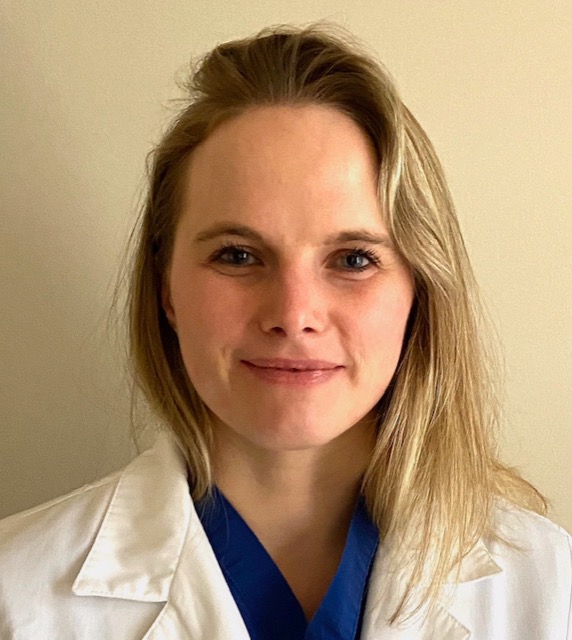
Caoilfhionn Connolly, MD MS.c, is a current clinical fellow at the Johns Hopkins Division of Rheumatology. She graduated with honors from the National University of Ireland, Galway School of Medicine where she also completed a Masters in Clinical Research. She subsequently completed internal medicine training at the Osler Medical Residency Program at the Johns Hopkins Hospital. Her research interests include vaccine response and cardiovascular disease in patients with rheumatic and musculoskeletal diseases.
Dorry Segev, M.D., Ph.D.
Photo and Bio from Johns Hopkins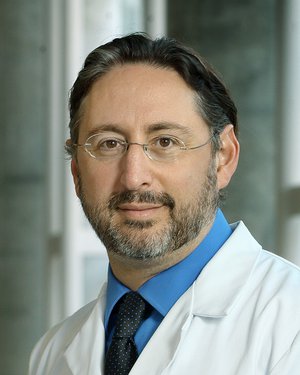 : Dorry Segev, MD, PhD, is the Marjory K. and Thomas Pozefsky Professor of Surgery and Epidemiology and Associate Vice Chair of Surgery at Johns Hopkins University. He is the founder and director of the Epidemiology Research Group in Organ Transplantation (ERGOT), the largest and most prolific group of its kind in the world. Dr. Segev was the first to demonstrate the survival benefit of incompatible kidney transplantation across the United States, and is responsible for the first HIV-to-HIV transplants in the United States. His NIH-funded research includes kidney exchange, desensitization, long-term donor risk, access to transplantation, expanding transplantation including HIV+ donors, geographic disparities, post-transplant outcomes, and the intersection between transplantation and gerontology. With a graduate degree in biostatistics, Dr. Segev focuses on novel statistical and mathematical methods for simulation of medical data, analysis of large healthcare datasets, and outcomes research.
: Dorry Segev, MD, PhD, is the Marjory K. and Thomas Pozefsky Professor of Surgery and Epidemiology and Associate Vice Chair of Surgery at Johns Hopkins University. He is the founder and director of the Epidemiology Research Group in Organ Transplantation (ERGOT), the largest and most prolific group of its kind in the world. Dr. Segev was the first to demonstrate the survival benefit of incompatible kidney transplantation across the United States, and is responsible for the first HIV-to-HIV transplants in the United States. His NIH-funded research includes kidney exchange, desensitization, long-term donor risk, access to transplantation, expanding transplantation including HIV+ donors, geographic disparities, post-transplant outcomes, and the intersection between transplantation and gerontology. With a graduate degree in biostatistics, Dr. Segev focuses on novel statistical and mathematical methods for simulation of medical data, analysis of large healthcare datasets, and outcomes research.
Dr. Segev has published nearly 500 peer-reviewed research articles, including 15 in JAMA, NEJM, and Lancet and over 150 in the American Journal of Transplantation. Reflecting this publication track record, he was recently awarded the American Society of Transplantation’s Clinical Science Investigator Award. He is a current councilor of the American Society of Transplant Surgeons and former chair of the American Transplant Congress. His work has directly influenced policy, including two Congressional bills (the Norwood Act for kidney exchange and the HOPE Act for HIV-to-HIV transplants), and is regularly featured in widely read media including TIME magazine, Wall Street Journal, and the New York Times.
Dr. Segev is most inspired by his role as a mentor, having mentored over 100 graduate students, residents, and faculty, and is the only general surgeon in the US funded by an NIH/NIDDK Mentoring Grant.
And, moderators from Myositis Support and Understanding
Salman Bhai, MD – Medical Advisor, Myositis Support and Understanding
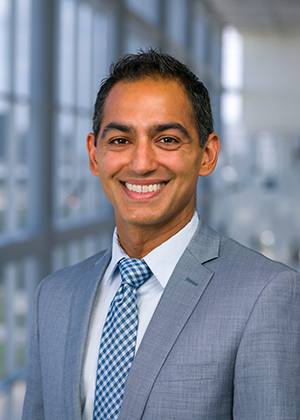 Dr. Salman Bhai is an Assistant Professor in the Department of Neurology and Neurotherapeutics at the University of Texas Southwestern Medical Center and Faculty Member at the Institute of Exercise and Environmental Medicine (IEEM) at Texas Health Presbyterian Hospital Dallas. He earned his B.S. in mathematics at Duke University and his M.D. from Harvard Medical School, where he earned multiple research grants. He completed his internship, neurology residency, and neuromuscular fellowship at Harvard: internship at Brigham and Women’s Hospital and residency and fellowship in a joint program between Massachusetts General Hospital and Brigham and Women’s Hospital. He is grateful for the unique neuromuscular mentorship, training under several neuromuscular experts including Drs. Anthony Amato and Steven Greenberg (Brigham and Women’s Hospital) and Drs. William David, Amanda Guidon, and Reza Seyedsadjadi (Massachusetts General Hospital), amongst several others.
Dr. Salman Bhai is an Assistant Professor in the Department of Neurology and Neurotherapeutics at the University of Texas Southwestern Medical Center and Faculty Member at the Institute of Exercise and Environmental Medicine (IEEM) at Texas Health Presbyterian Hospital Dallas. He earned his B.S. in mathematics at Duke University and his M.D. from Harvard Medical School, where he earned multiple research grants. He completed his internship, neurology residency, and neuromuscular fellowship at Harvard: internship at Brigham and Women’s Hospital and residency and fellowship in a joint program between Massachusetts General Hospital and Brigham and Women’s Hospital. He is grateful for the unique neuromuscular mentorship, training under several neuromuscular experts including Drs. Anthony Amato and Steven Greenberg (Brigham and Women’s Hospital) and Drs. William David, Amanda Guidon, and Reza Seyedsadjadi (Massachusetts General Hospital), amongst several others.
Dr. Bhai specializes in the evaluation, diagnosis, and treatment of neuromuscular disorders. He specifically focuses on patients with inflammatory and metabolic myopathies as well as those with immune checkpoint inhibitor complications.
His research focuses on understanding how muscles communicate with other organ systems, particularly when muscle is inflamed, like in myositis. The goal of his research is to better understand, diagnose, and treat patients with myositis. This will be achieved through exercise and muscle physiology studies of myositis patients by analyzing biospecimens for molecular perturbations. He also will offer clinical trials for myositis patients.
Dr. Bhai is dedicated to helping patients and their families understand and navigate difficult conditions by providing world-class clinical care.
Jerry Williams, Patient, Founder and President of Myositis Support and Understanding
 Jerry Williams is living with dermatomyositis. He founded Myositis Support and Understanding Association (MSU) out of a need for true patient-centered programs and services in the myositis community.
Jerry Williams is living with dermatomyositis. He founded Myositis Support and Understanding Association (MSU) out of a need for true patient-centered programs and services in the myositis community.
Jerry is passionate about helping others living with this rare disease. Myositis forced Jerry out of the workplace, where his focus was in finance and analytics, and onto long-term disability. Finding effective treatments has been a constant challenge.
Through the many health and life challenges Jerry has faced, he has come to believe that we all must be “understanding” and be willing to learn more about each other so that we can live a more positive life. One of his many loves are smiles, and he often reminds those around him to smile and happiness will follow.

